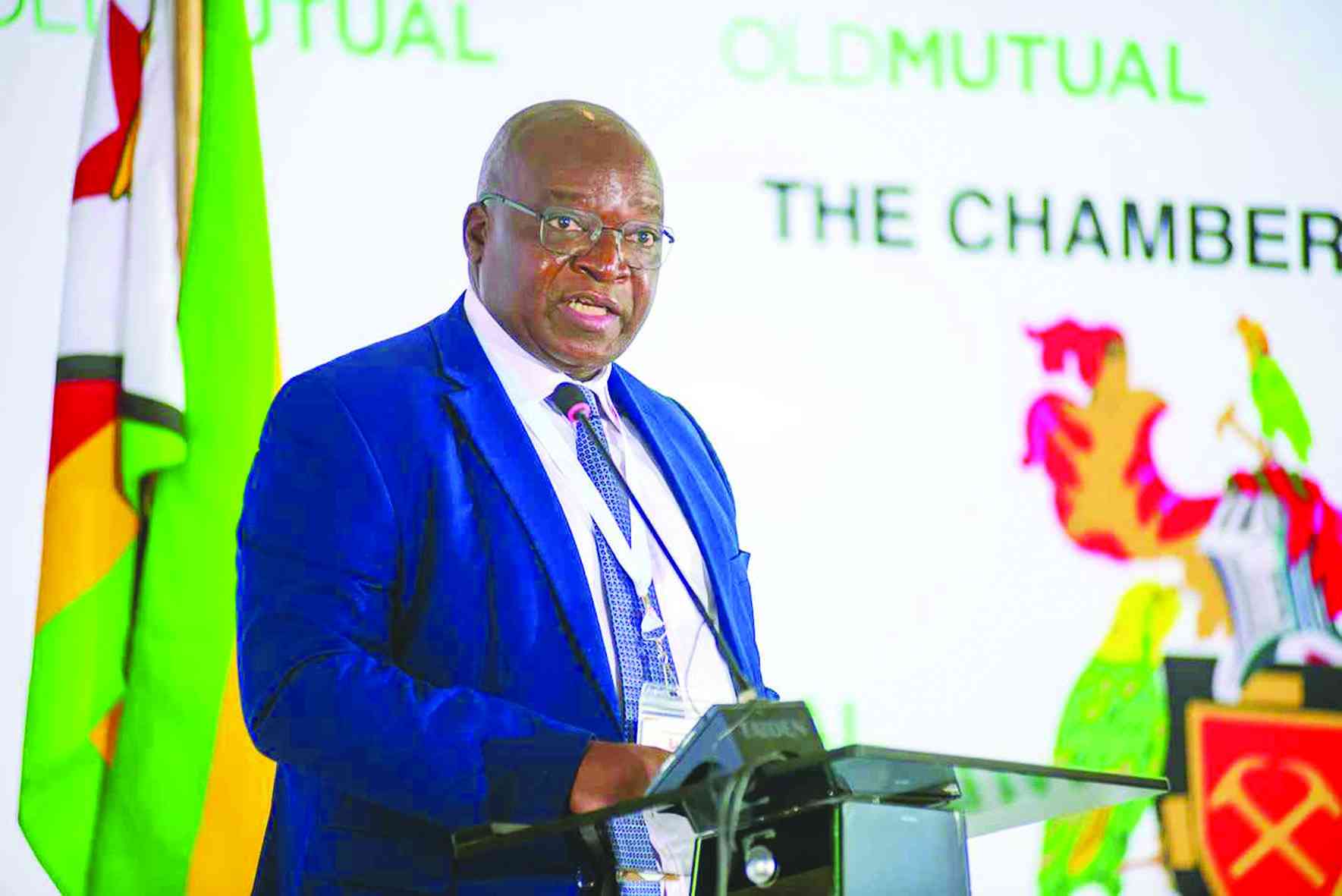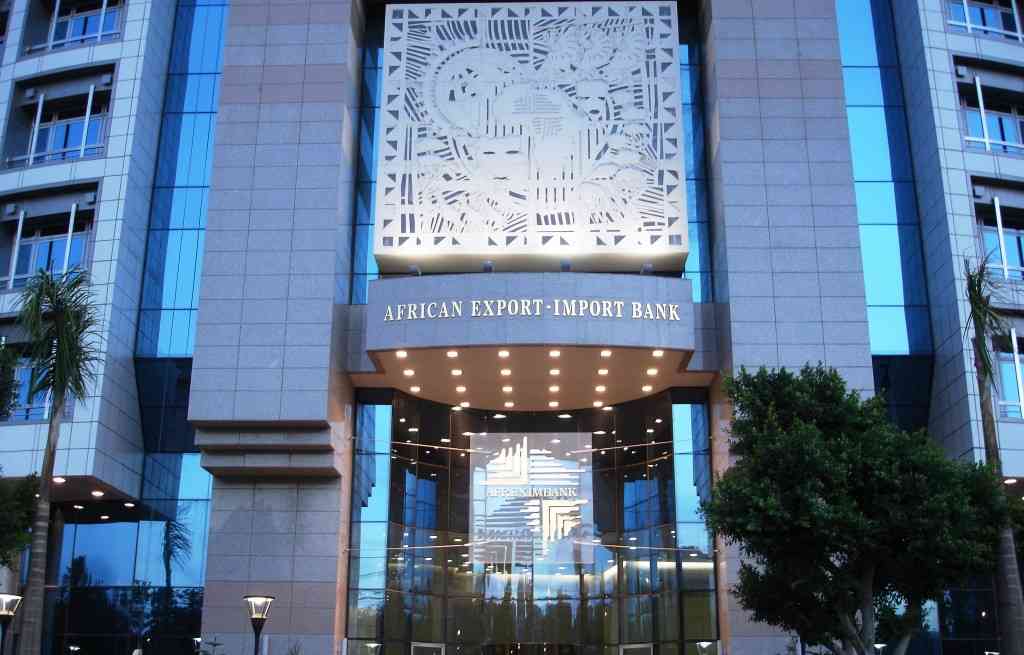
The Chamber of Mines of Zimbabwe said this week it had opened fresh negotiations with the Reserve Bank of Zimbabwe (RBZ) over the current foreign currency retention framework.
The industry is forecasting worsening access to foreign currency this year, under the prevailing policy.
The policy requires exporters to surrender 30% of their export proceeds to the central bank at the official exchange rate, while retaining the remaining 70%.
Isaac Kwesu, the chamber’s chief executive, told the Zimbabwe Independent the country needs a policy structure that “balances the forex needs of government and other sectors without undermining the viability of exporting companies”.
“The chamber is engaging the Central Bank on an optimal foreign exchange framework that will balance the requirements of government without undermining the operations of the exporting companies,” Kwesu said.
The chamber’s intervention comes amid growing concern across the sector that foreign currency constraints are intensifying.
The executives said the gap between the official and parallel exchange rates is eroding the value of surrendered earnings, constraining working capital and affecting the industry’s ability to fund critical imports such as machinery, spare parts, and consumables.
The mining industry is Zimbabwe’s largest foreign currency earner, accounting for more than 75% of total export receipts.
- Mines propose fresh power import deal
- Motorist robbed while relieving self
- RBZ shifts blame to companies
- Forex retention policies ruin mines
Keep Reading
In 2024, the sector generated over US$$6,1 billion in earnings, led by gold, platinum group metals, diamonds, and lithium.
However, the chamber has warned that output could stagnate or decline if the current forex model is not amended to reflect operational realities.
Some companies are said to be deferring expansion plans due to cashflow constraints linked to the policy.
Executives are calling for full retention of export proceeds or for surrendered earnings to be valued at a market-determined rate.
Some have proposed the reintroduction of offshore retention accounts.
The RBZ has not publicly commented on the proposals but is understood to be reviewing the framework amid pressure from multiple sectors.
The government has been working out ways of stabilising the local currency.
But businesses argue that rigid forex controls are discouraging investment and damaging competitiveness.
Analysts warn that continued pressure on the mining sector could have broader economic consequences.
“I do not necessarily agree with their projection. My view is that this year, foreign currency availability should be much better than last year, given that the economy is projected to rebound. We have seen significant improvements in output, including tobacco,” economist Prosper Chitambara said.
“I am not sure of the trends in mineral commodity prices, but they are not doing too badly either, I think. So, I think this year should be much better than last year in terms of foreign currency availability.”
Chitambara also added that there is a risk of de-dollarisation, which could be a downside risk to the economy.
“Of course, the risk could be the de-dollarisation that’s being talked about. We are not sure when that is going to be, but that could be a significant downside risk to the economy, a forced de-dollarisation agenda.
“But in terms of foreign currency inflows into the economy, I think this year there is going to be a significant decline probably. But overall, I think this year should not be too bad in terms of foreign currency receipts.”
The Chamber of Mines’ dialogue with the RBZ is expected to intensify in the second half of the year, as companies finalise budgets and investment plans for 2026.
In the 2025 Monetary Policy Statement, the foreign currency retention threshold for exporters was cut by five percentage points to 70%, against a plea for it to be increased to 100%.











